Do you often feel unusually slow, tired, or gain weight easily? These symptoms might not seem alarming at first, but they could actually be signs of an underactive thyroid.
If these symptoms sound familiar, you’re not alone. Millions of people around the world are affected by this common condition, known as hypothyroidism. Despite its prevalence, many people are still unaware of what exactly an underactive thyroid is and how it can impact their daily lives.
Let’s break down the basics of this condition—from its causes to its symptoms and risk factors—so that you can better understand your body and overall health.
Understanding Thyroid Gland and Its Function
The thyroid gland might be small, but it plays a massive role in maintaining our health and well-being. This butterfly-shaped organ sits at the base of your neck, just below the Adam’s apple, snugly wrapped around your windpipe.
It’s a key player in your endocrine system, which consists of glands that produce, store, and release hormones into your bloodstream.
The primary job of the thyroid gland is to regulate your metabolism, which is the process that turns the food you eat into energy. It does this by producing two main hormones: thyroxine (T4) and triiodothyronine (T3). These hormones tell your body’s cells how much energy to use. They affect almost every organ in your body and control many vital functions, including:
- How fast your heart beats.
- How deep you breathe.
- How quickly you can burn calories.
- How warm you feel.
In simple terms, the thyroid gland controls how fast or slow your body works and how it uses energy.
An underactive thyroid, also known as hypothyroidism, is a common health condition where the thyroid gland does not produce enough hormones, affecting various bodily functions.
What Causes Underactive Thyroid?
Hypothyroidism, or an underactive thyroid, can result from several conditions:
- Autoimmune disease: Hashimoto’s disease, an immune system disease, is the most common cause, where the immune system attacks the thyroid, impairing its hormone production.
- Thyroid surgery: Removing part or all of the thyroid glands can reduce or halt its hormone production.
- Thyroiditis: Inflammation of the thyroid, possibly due to infection, autoimmune disorders, or other medical conditions, can initially cause a surge in thyroid hormones (hyperthyroidism) before leading to hypothyroidism.
- Medication: Some medicines, like lithium for psychiatric disorders, can affect thyroid function. It’s important to discuss potential effects on the thyroid with healthcare providers.
- Radiation therapy: Treatment for head and neck cancers may damage the thyroid and lead to hypothyroidism.
Less common causes include:
- Congenital issues: Some people are born with an improperly functioning or absent thyroid gland, sometimes due to genetic disorders.
- Pregnancy: Hypothyroidism can occur during or after pregnancy, posing risks like pregnancy loss or preeclampsia.
- Pituitary disorder: Rarely, insufficient production of TSH due to a pituitary gland tumor can cause hypothyroidism.
- Iodine deficiency: The thyroid needs iodine to produce hormones. Both insufficient and excessive iodine can lead to hypothyroidism. This is rare in the U.S. due to iodized salt.
Symptoms of an Underactive Thyroid
Symptoms of an underactive thyroid can be subtle and develop slowly. They include:
- Tiredness and fatigue
- Weight gain
- Cold sensitivity
- Dry skin and hair
- Memory problems and difficulty concentrating
- Constipation
- High cholesterol levels
- Depression
- Slow heart rate
- Reduced libido
- Muscle weakness
Many of these symptoms can be mistaken for other conditions, making an underactive thyroid sometimes hard to diagnose.
Risk Factors for an Underactive Thyroid
Underactive thyroid is a condition that can affect anyone, yet certain individuals face a higher risk of developing it. Understanding these risk factors can help in early detection and management of the condition.
Here’s a detailed look at who is at increased risk for hypothyroidism and why.
Gender
Research shows that women are more likely to develop hypothyroidism than men. This disparity may be related to hormonal differences and autoimmune tendencies in females.
Family History
Having a family member with thyroid disease significantly increases your risk of hypothyroidism. For example, if thyroid disease, especially hypothyroidism or autoimmune thyroid conditions like Hashimoto’s disease, runs in your family, you’re at a higher risk.
Autoimmune Diseases
Individuals with autoimmune diseases are at a higher risk for hypothyroidism due to the tendency of the immune system to attack the body’s own tissues.
Previous Hyperthyroidism Treatment
Treating hyperthyroidism (an overactive thyroid) often involves methods that reduce thyroid hormone production or remove thyroid tissue. These treatments include radioactive iodine therapy and thyroid surgery.
Radiation Exposure to the Neck or Upper Chest
Radiation therapy, used to treat cancers in the head, neck, or upper chest, can inadvertently damage the thyroid gland. This damage might not be immediate and can occur years after treatment, leading to hypothyroidism.
Thyroid Surgery
Surgical removal of all or part of the thyroid gland directly impacts the body’s ability to produce thyroid hormones. The more extensive the removal, the higher the likelihood of hypothyroidism.
Managing an Underactive Thyroid
If you suspect you have an underactive thyroid, it’s important to see a primary care provider. They will conduct a simple blood test to check your hormone levels. Treatment typically involves taking synthetic thyroid hormones. This medicine helps return hormone levels to normal, alleviating symptoms.
Regular monitoring of hormone levels will also be necessary to ensure the dosage is correct. With proper management, most people with an underactive thyroid can lead normal, healthy lives.
Underactive Thyroid Treatment in Oviedo, FL
Struggling with symptoms of an underactive thyroid can feel overwhelming—from fatigue and weight gain to feeling cold all the time. But you don’t have to manage it alone. At the Diabetes & Weight Loss Center, we are dedicated to providing comprehensive care and support for individuals facing thyroid disorders, including hypothyroidism.
Whether it is through medication management, lifestyle adjustments, or nutritional counseling, we’re committed to helping you regain control of your health and well-being.
For more information about underactive thyroid or to schedule a private consultation, call us today at (407) 890-1876 or use our online appointment request form. We look forward to serving you!


